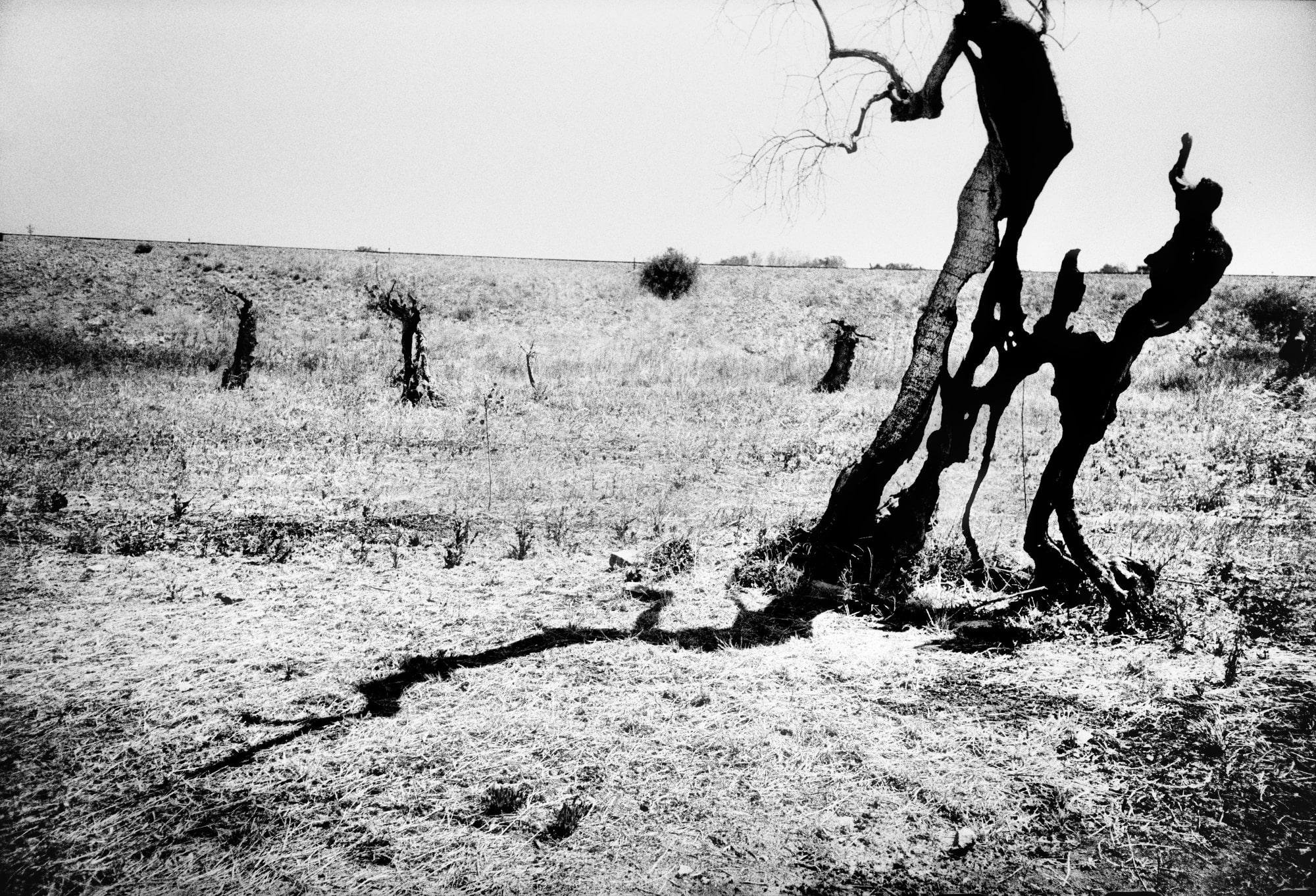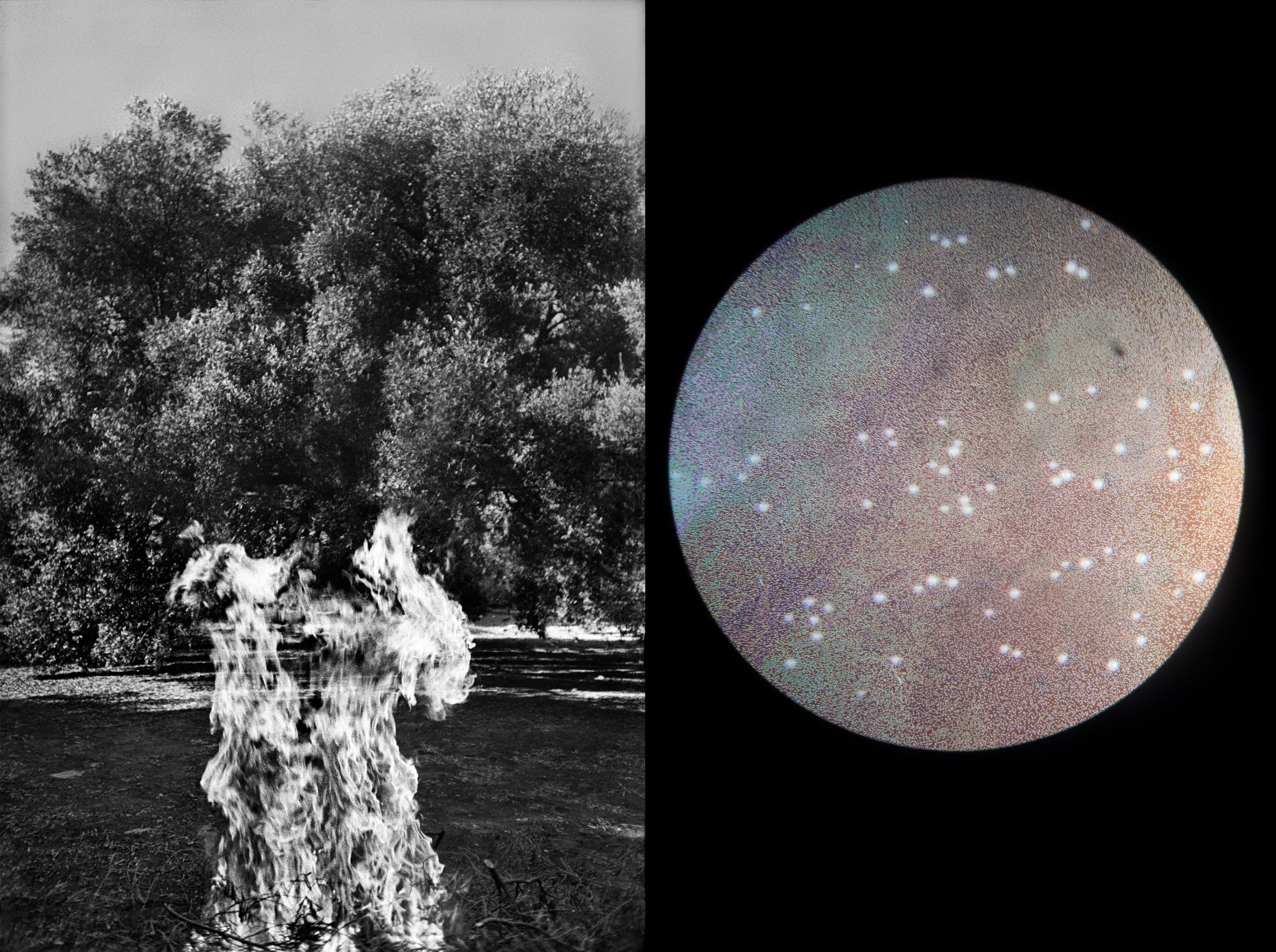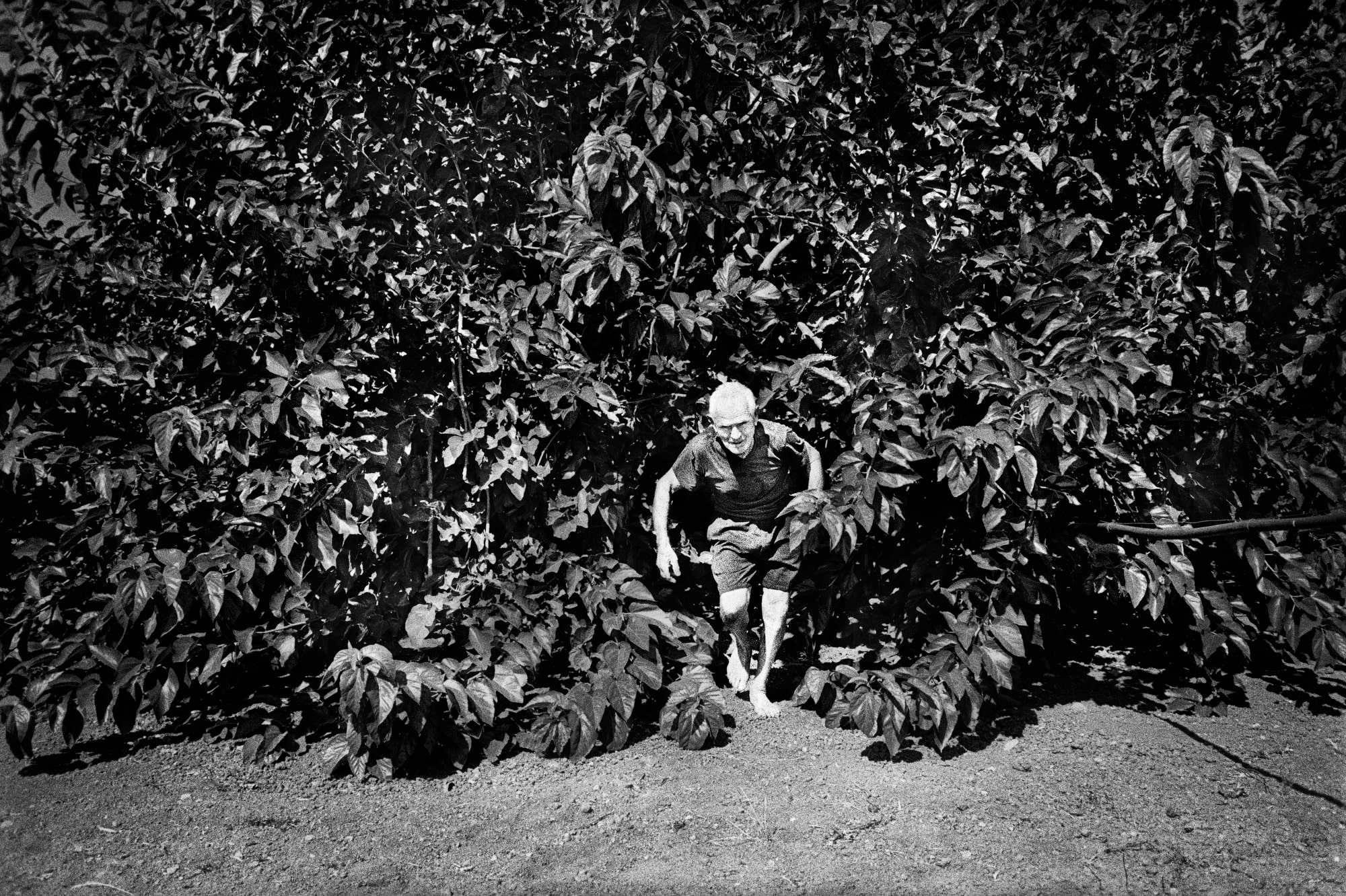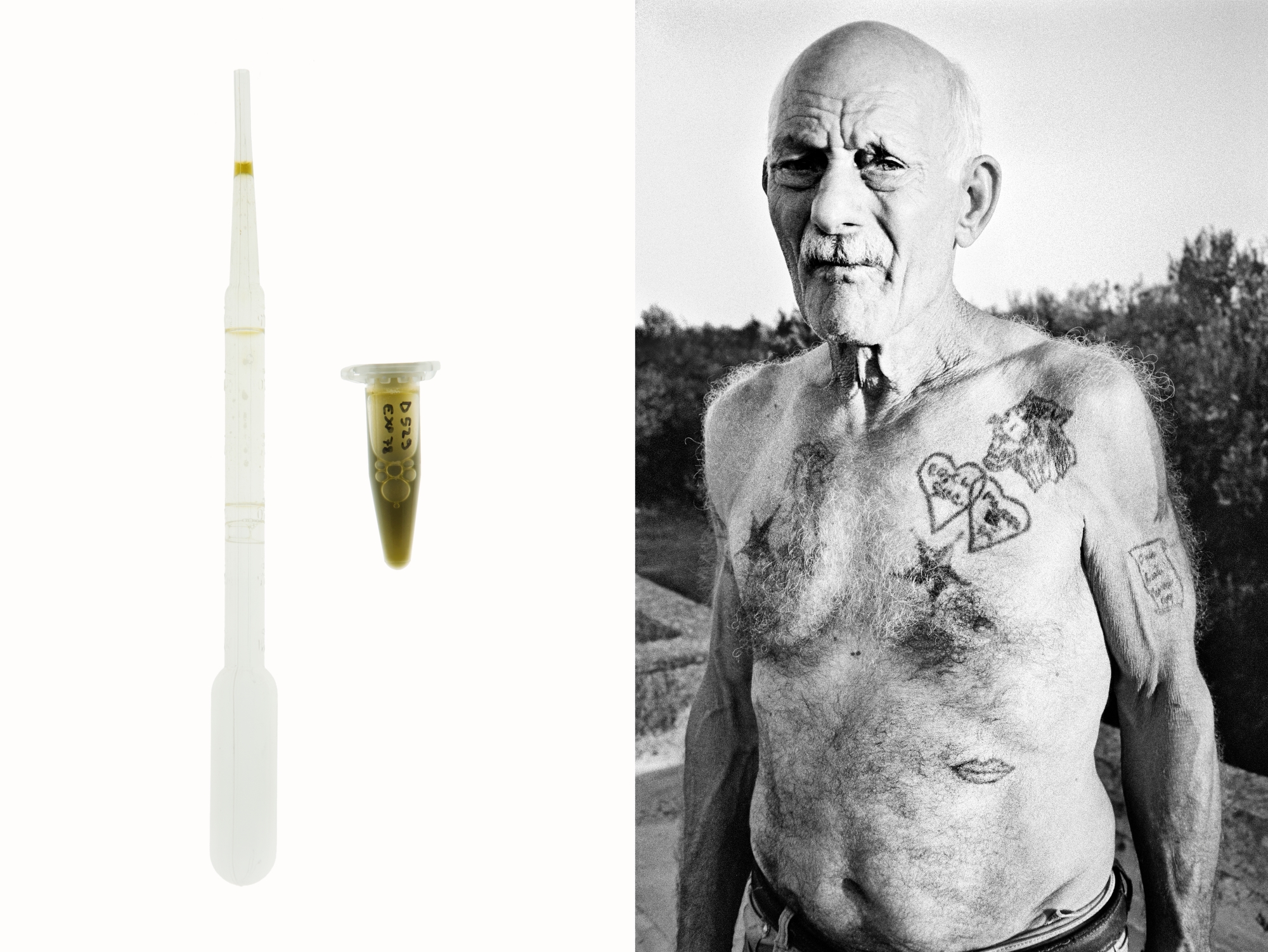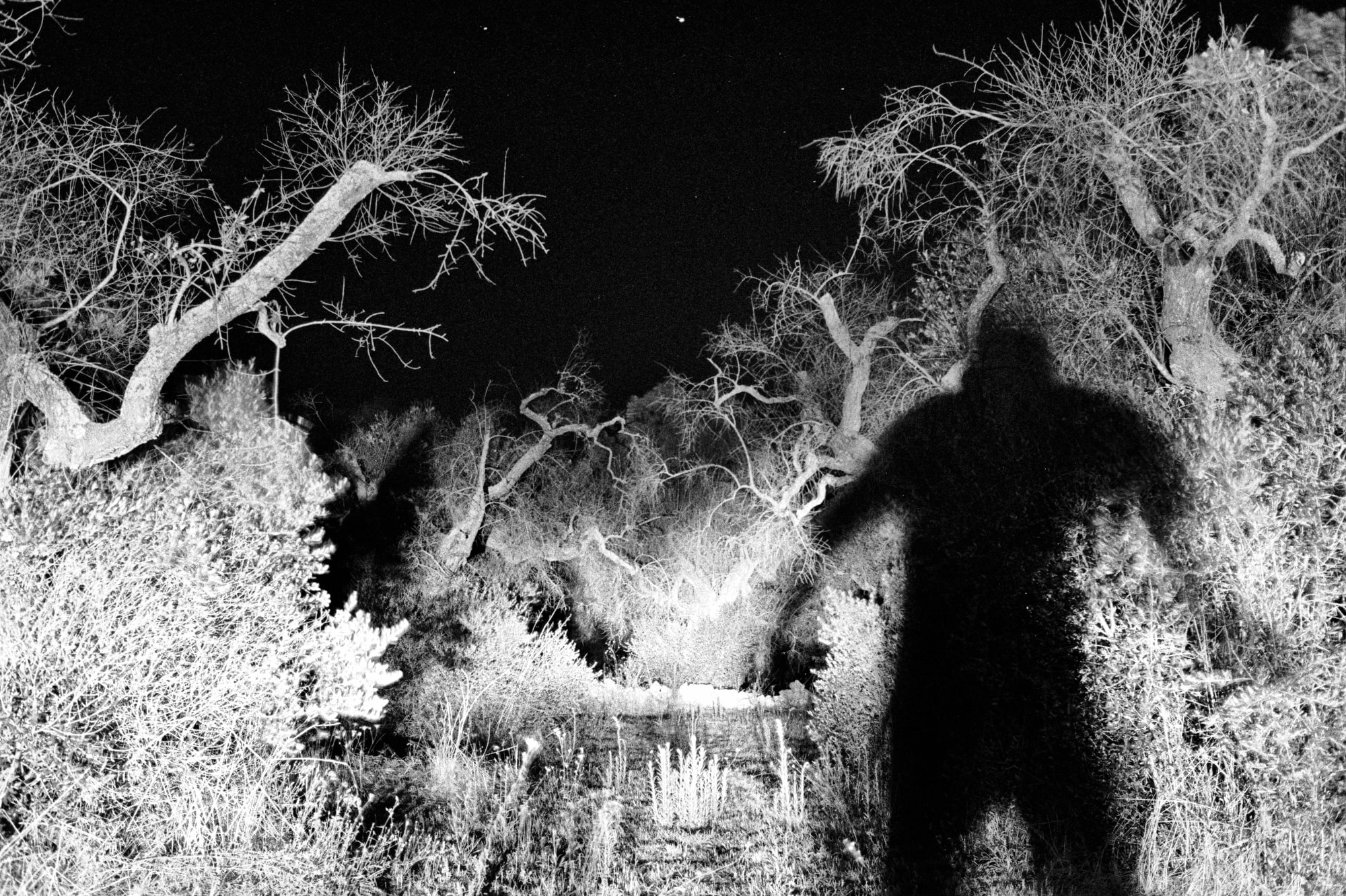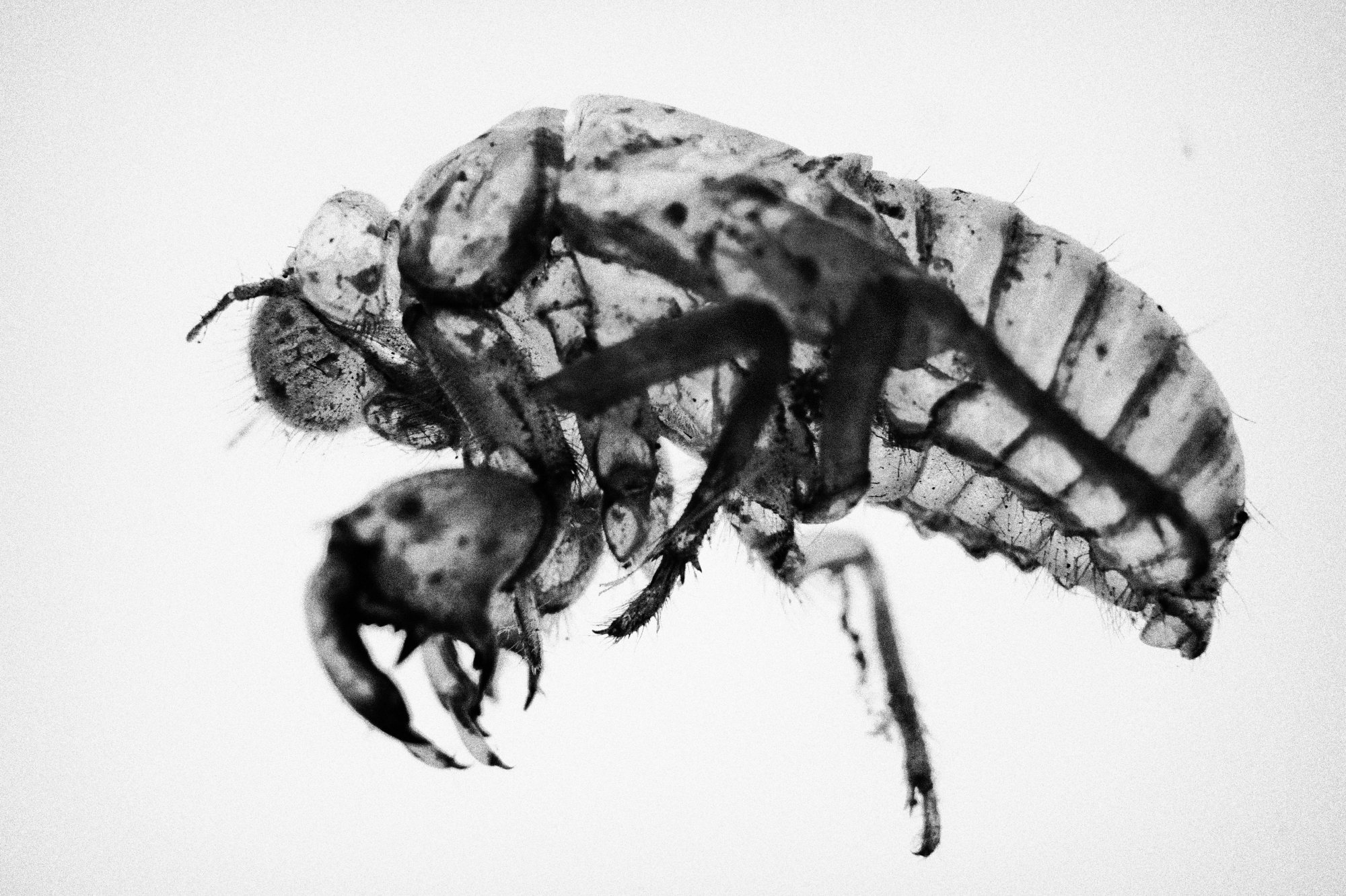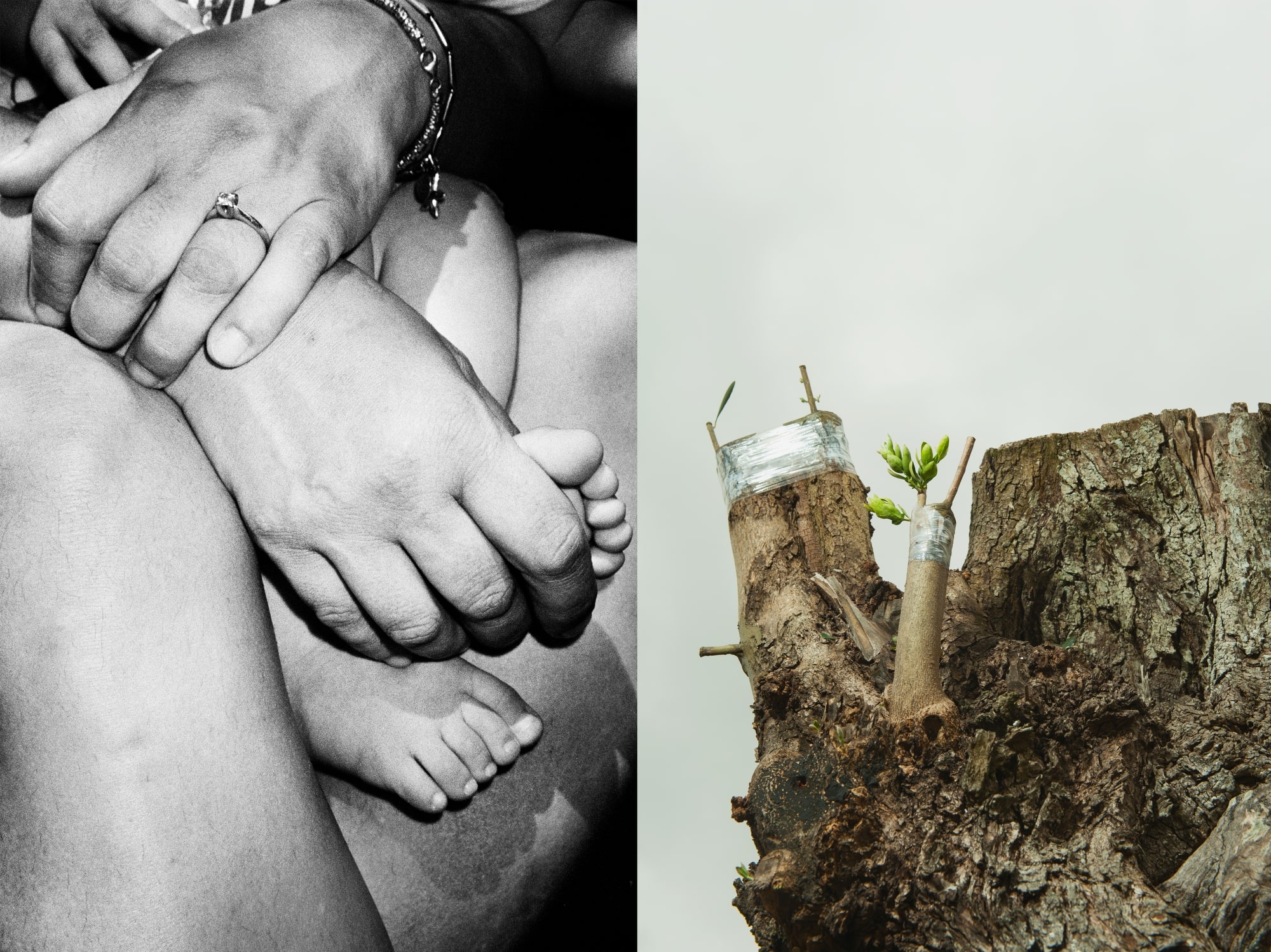Over the past seven years, in the Salento peninsula, Xylella Fastidiosa – a bacterial pathogen – has been causing Olive Quick Decline Syndrome, a plant epidemic that rapidly kills trees. Climate change and the use of pesticides have been identified as some of the factors responsible for weakening the natural response of trees, allowing the massive spread of the epidemic.
This Land Is My Land is a long term project that began in 2016, when the epidemic had just started in the Gallipoli area.
Thousands of farmers in Salento have lost their entire life’s work in less than two years along with their savings that have been invested in ineffective treatments. The disease is causing the collapse of the entire agricultural economy. Repercussions are dramatic on the landscape, the day to day life of the population and the unique human and cultural heritage.
The origin of the epidemic is uncertain and a solution to stop it has yet to be found. However, promising results have recently emerged with the creation of a ‘super tree’ which is immune to Xylella. With the support of the scientific community, local agronomists are teaming up with local farmers who are searching through the destroyed fields for wild olive tree sprouts that managed to survive the epidemic. These ‘salvation shoots’ are used for various experiments. Some are grafted into dying centuries-old trees, others are grown in special greenhouses and tested for their resilience to the bacterium. What makes this research outstanding is that the final success of these tests, along with the creation of a local ‘super tree’, will rule out the solution of a mass replanting of globalised olive trees, such as the Leccino or the laboratory-modified FS17, which would otherwise lead to the extinction of all local specificities and biodiversity, both crucial factors that play a major role in the near future on the sustainability of the olive oil sector.
Photo copyright: © Jean-Marc Caimi © Valentina Piccinni

